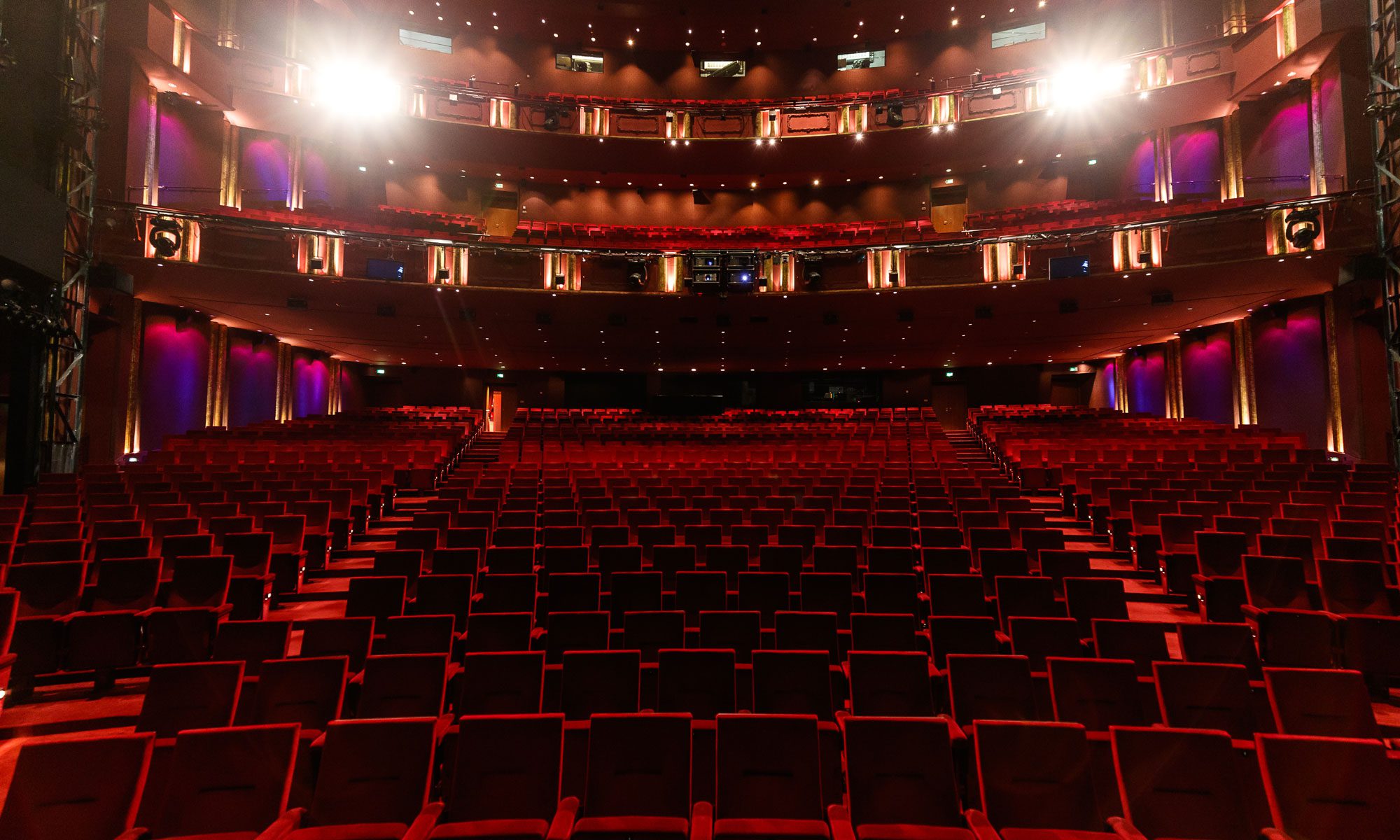At the Midem 2019 in Cannes the Legal Summit in Cooperation with the International Association of Entertainment Lawyers (IAEL) will took place on June 5th. As a speaker I represented the „Metall auf Metall“ case pending on the ECJ:
The Facts:
The two plaintifs are members of the musical group Kraftwerk, which released in 1977, a phonogram containing the work entitled „Metall für Metal“l. Defendant is the producer of a phonogram containing the work entitled “Nur mir“. The Plaintifs claim that Defendant copied, using the sampling technique, approximately two seconds of a rhythm sequence from the song „Metall auf Metall“ and incorporated them, as a continuous loop, with minimal changes and recognisably, in the song „Nur mir“. Being of the view that this infringed the related right which they held as producers of the phonogram Plaintifs requested, inter alia, the termination of the infringement, the award of damages and the surrender of the phonograms for the purposes of their destruction.
In those circumstances, the Bundesgerichtshof (Federal Court of Justice, Germany), hearing the case, referred a number of questions to the Court of Justice for a preliminary ruling concerning the interpretation of EU law on copyright and related rights, and fundamental rights.
In its Opinion, Advocate General notes, firstly, that a phonogram is a fixation of sounds which is protected, not by virtue of the arrangement of those sounds, but rather on account of the fixation itself. It is therefore protected as an indivisible whole. The reproduction of such a recording is therefore the exclusive right of the producer of that phonogram.
The Advocate General points out in that regard that producers can exploit phonograms in other ways than by selling copies, such as authorising sampling and generating income therefrom. Furthermore, he considers that the right to the protection of the phonogram is a right which exists and applies independently of the protection of the work possibly featured in that phonogram. Accordingly, the scope of protection of a phonogram is in no way subject to the scope of protection of the work that it may possibly contain. The need to obtain a licence for such use does not, restrict artistic freedom to an extent which goes beyond the usual constraints of the market, especially as these new works often generate substantial income for their authors and producers. For those reasons, Advocate concludes that sampling infringes the exclusive right of the producer of the first phonogram.(Get a license or do not sample.) The Advocate General shares the Federal Court of Justice view that sampling constitutes an infringement on the rights of the phonogram producer and, unlike the BVerfG, denies that artistic freedom takes precedence. Should the European Court of Justice follow the opinion of the Advocate General, this would, from the point of view of copyright law, mean the final end of sampling without the consent of the producer of the protected phonogram, which has been distributed for decades, and would significantly strengthen the rights of phonogram producers.

